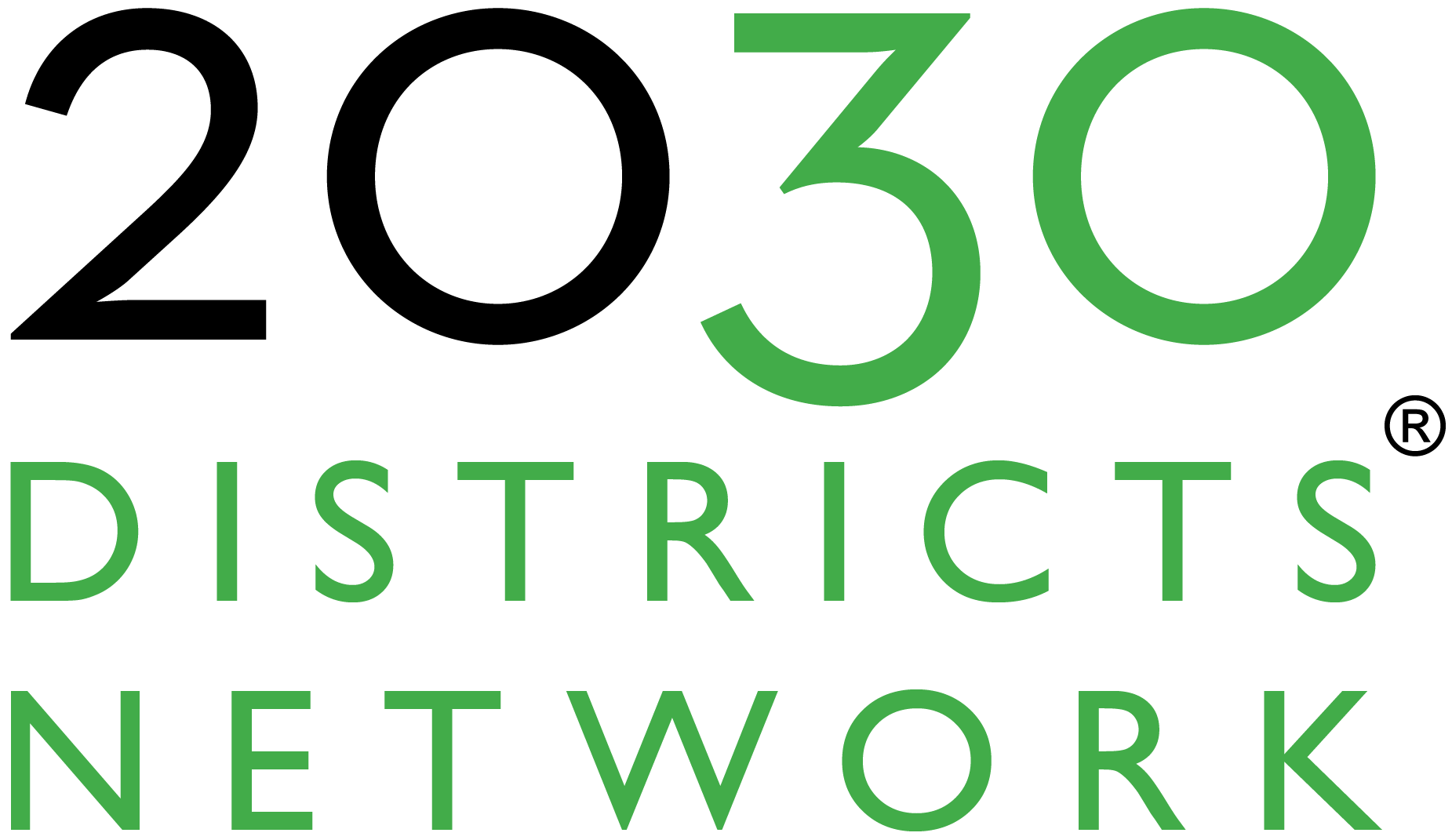Program Case Studies
The local 2030 Districts all have programs aimed to help their members. Below are links to several successful local programs:
Burlington PEP Program
Customized Property Energy Plans (PEPs) – This customized property report includes an energy benchmark for each property, a summary of findings, and a roadmap addressing opportunities for property owners/managers to meet building energy reduction performance goals. A customized PEP will help owners make informed investment decisions – link to Burlington page on the program
Cincinnati Healthy Building District
This innovative model, created by the Cincinnati 2030 District, focuses on regional health needs and promotes healthy behaviors and building performance to address chronic disease. In collaboration with the International WELL Building Institute, and using the local Community Health Needs Assessment, this program uses the building blocks of the WELL Building Standard, fine-tuned to the unique health needs of the Greater Cincinnati community – link to Cincinnati page on the program





